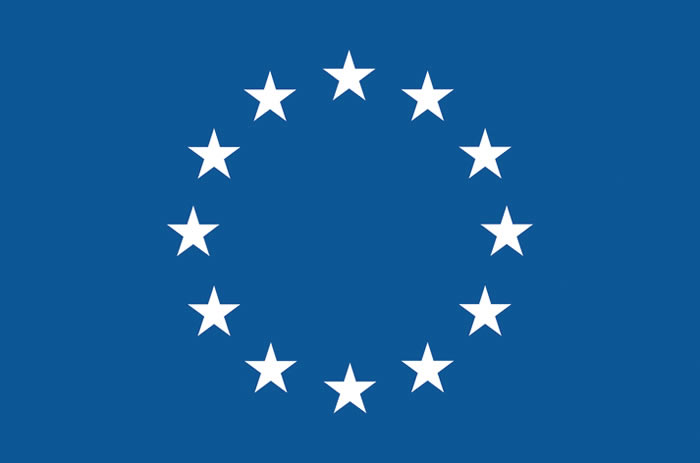Tang, Dora

Date of Birth: 31 December 1982
Institution: Max Planck Institute of Molecular Cell Biology, Pfotenhauerstrasse. 108, 01307
Position: Independent Research Group Leader
Email: tang@mpi-cbg.de
Education
2007-2010 PhD studies in Membrane Biophysics, Imperial College London, UK
Supervisors Profs. John Seddon and Richard Templer
2002-2006 MSc in Chemistry, Imperial College London
Professional Career
Since 2016 Independent Research Group leader, MPI-CBG, MaxSynBio, Dresden
2014-2016 Post-doc in Synthetic Biology, with Prof. Stephen Mann and Dr. Ross Anderson,
University of Bristol, U.K.
2011-2014 Post-doc in Origin of Life studies, with Prof. Stephen Mann, University of Bristol, U.K.
2010-2011 Knowledge Transfer Secondee, Diamond Light Source, Oxfordshire, UK.
Fellowships and Awards
2019-present Fellow of Elisabeth-Schiemann Kolleg, Max Planck Society
2018 Fellow, Centre for Advanced studies, Ludwig Maximillian University, Munich
Since 2016 Fellow, B Cube, Center for Molecular Bioengineering, TU Dresden
2010-2011 EPSRC Knowledge Transfer Secondment
2006 Degussa Prize for Physical Chemistry
Topic:
Coacervates as protocellular models?
Abstract:
In the 1920’s Oparin hypothesized that membrane free compartments formed by coacervation would have provided a viable route to compartmentalize prebiotic reactions as a precursor to the modern cell. Studies which support this hypothesis are limited in that the precise chemical composition and conditions on prebiotic earth remain a mystery. Despite this, using bottom-up approaches allows us to generate physically relevant protocell models in the lab. This provides a means to unravel the effect of compartmentalization by coacervation can have provided a selection pressure for facilitating the transition from a chemical world to a biological world.
Here, I will present strategies for the design and synthesis of protocell models based on liquid-liquid phase separation of oppositely charged components (coacervates) and describe how these compartments can provide alternative environments compared to buffer solution to tune reaction kinetics.
Back to speaker overview Back to Oral- and Flash presentations overview





